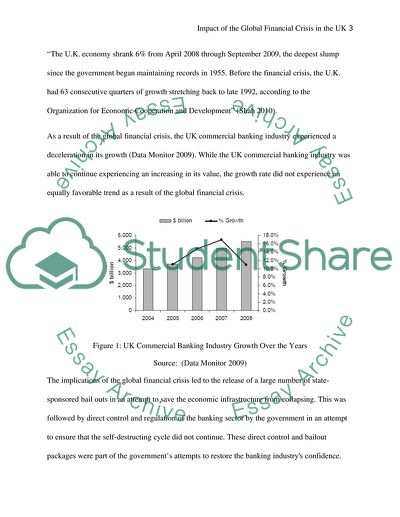Cite this document
(Impact of the Global Financial Crisis in the UK Literature review, n.d.)
Impact of the Global Financial Crisis in the UK Literature review. Retrieved from https://studentshare.org/macro-microeconomics/1738114-the-effect-of-the-global-financial-crises-in-the-uk
Impact of the Global Financial Crisis in the UK Literature review. Retrieved from https://studentshare.org/macro-microeconomics/1738114-the-effect-of-the-global-financial-crises-in-the-uk
(Impact of the Global Financial Crisis in the UK Literature Review)
Impact of the Global Financial Crisis in the UK Literature Review. https://studentshare.org/macro-microeconomics/1738114-the-effect-of-the-global-financial-crises-in-the-uk.
Impact of the Global Financial Crisis in the UK Literature Review. https://studentshare.org/macro-microeconomics/1738114-the-effect-of-the-global-financial-crises-in-the-uk.
“Impact of the Global Financial Crisis in the UK Literature Review”, n.d. https://studentshare.org/macro-microeconomics/1738114-the-effect-of-the-global-financial-crises-in-the-uk.


